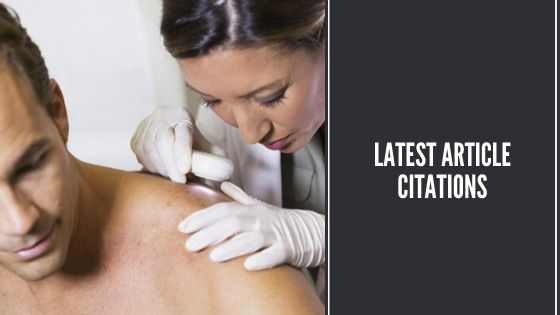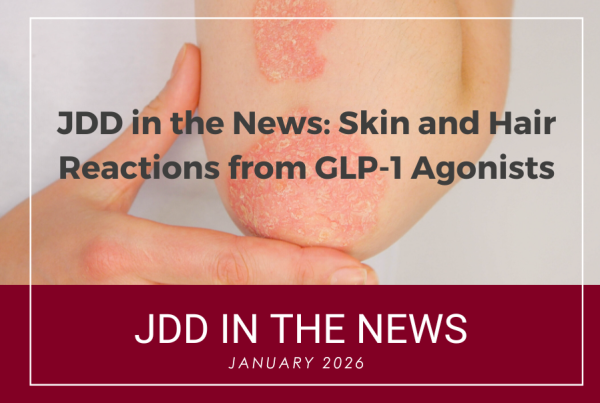
A recent article from US News, “Could You Be Allergic to Additives?” cites a January 2013 JDD study on whether common additives in food or medications can cause reactions in some people.
The study, “Medication Dyes as a Source of Drug Allergy,” states “Excipients are defined as inert substances added to a drug or food to confer a suitable consistency, appearance, or form. They may be added for bulk, to change dissolution or the kinetics of absorption, to improve stability, to influence palatability, or to create a distinctive appearance. The last function may depend heavily on the use of coloring agents, especially when there are multiple dosages (such as with warfarin), and dose confusion may result in profound complications. While described as inert, excipients have been associated with triggering immunological reactions, although this is almost never considered in common practice when patients have reactions to medications, even when they appear to react to many different and distinct drugs.”
Read Article Now
You May Also Like

JDD in the News: Pharmacy Deserts and Affordability Concerns in Atopic Dermatitis Care
Healio profiled a July Journal of Drugs in Dermatology study on the affordability of dermatologist-recommended skincare products for atopic dermatitis. The study, “Socioeconomic Disparities in Gentle Skin Care Access for…








